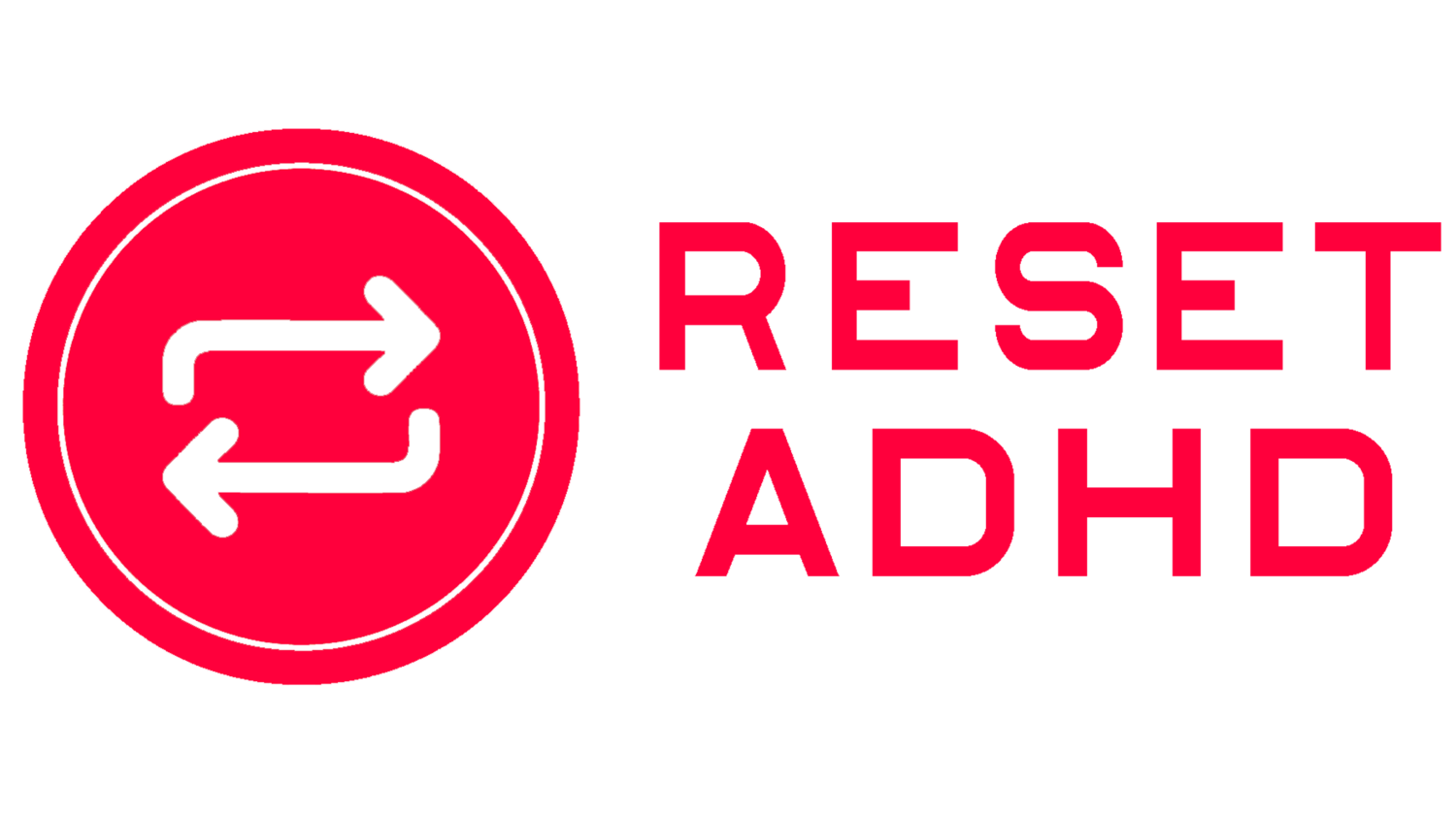The Link Between ADHD and Mental Health: Navigating Co-Existing Conditions
Most people with ADHD have a comorbid condition. This means, along with ADHD, the individual has another mental health condition with which to cope. A Danish study (Jensen 2016) of individuals from age four to seventeen found that 52% of those with ADHD have a comorbid condition, and 26.2% had more than one comorbid condition. This makes life challenging. ADHD is tricky enough, but when you add another condition, that brings a whole host of troubles. That does not mean one is doomed to a life of struggle. It is possible to thrive. There is hope. So, whether you have anxiety, depression, or another condition along with your ADHD, you can thrive. How to thrive will be a challenge, but we can do hard things. If you are looking to navigate your co-existing conditions, follow the ideas below.
Communicate with Your Healthcare Team
The first step is to communicate with your healthcare team. Your doctors and anyone else with whom you communicate about your health need to know what is going on with you. A lot of the conditions that occur alongside ADHD are mental conditions. They are invisible. The only one who knows what is going on within your brain is you.
Advocate for Yourself
Doctors and healthcare professionals are busy and sometimes arrogant. If they can diagnose you with one thing, they will, and then they will move on to the next patient. If you suspect you have more than one thing, you will have to advocate for yourself. For example, in late 2017, I began to have stomach issues. I was diagnosed with acid reflux and told to take medication for that. The GI specialist I saw after the stomach issues were not solved by the medication did an upper GI scope, saw signs of acid reflux, and then refused to see me again. The physician’s assistant that worked with him was willing to run a few more tests, but she, too, eventually gave up and said there was nothing more they could do. When my stomach issues still did not go away, I went to the Mayo Clinic, and they ran tests that easily could have been run by the doctors in my city. Those tests resulted in diagnoses of irritable bowel syndrome, an ulcer, and rare bacterial infection. In short, when I advocated for myself, I got a complete picture of my digestive health. This is also necessary for one’s mental health.
Follow the Recommendations for Your Conditions
I just spent some time ranting against doctors and how they can not be thorough. However, once you get a diagnosis and a treatment plan, stick to it. It will help inform new treatments if the current plan does not work to the extent you desire. Moreover, if you complain of additional symptoms and you have not been following the treatment plan, doctors will point to that when you say, “I think that something else might be going on here.” So, stick to the plan, and let that inform next steps.
Take Care of Everything Else
Lastly, there is more to managing mental health conditions than just taking pills. Lifestyle changes need to occur. Exercise, a healthy diet, and other strategies can assist your plan to deal with all of the conditions you have. It is not easy, but it is worth it.
Explore how Reset ADHD can support your journey!
Source:
Jensen, C. M. (2016). ADHD in Danish children and adolescents: Incidence, validity, psychiatric comorbidity, and antisocial outcomes. Aalborg Universitetsforlag. Ph.d.-serien for Det Humanistiske Fakultet, Aalborg Universitet
